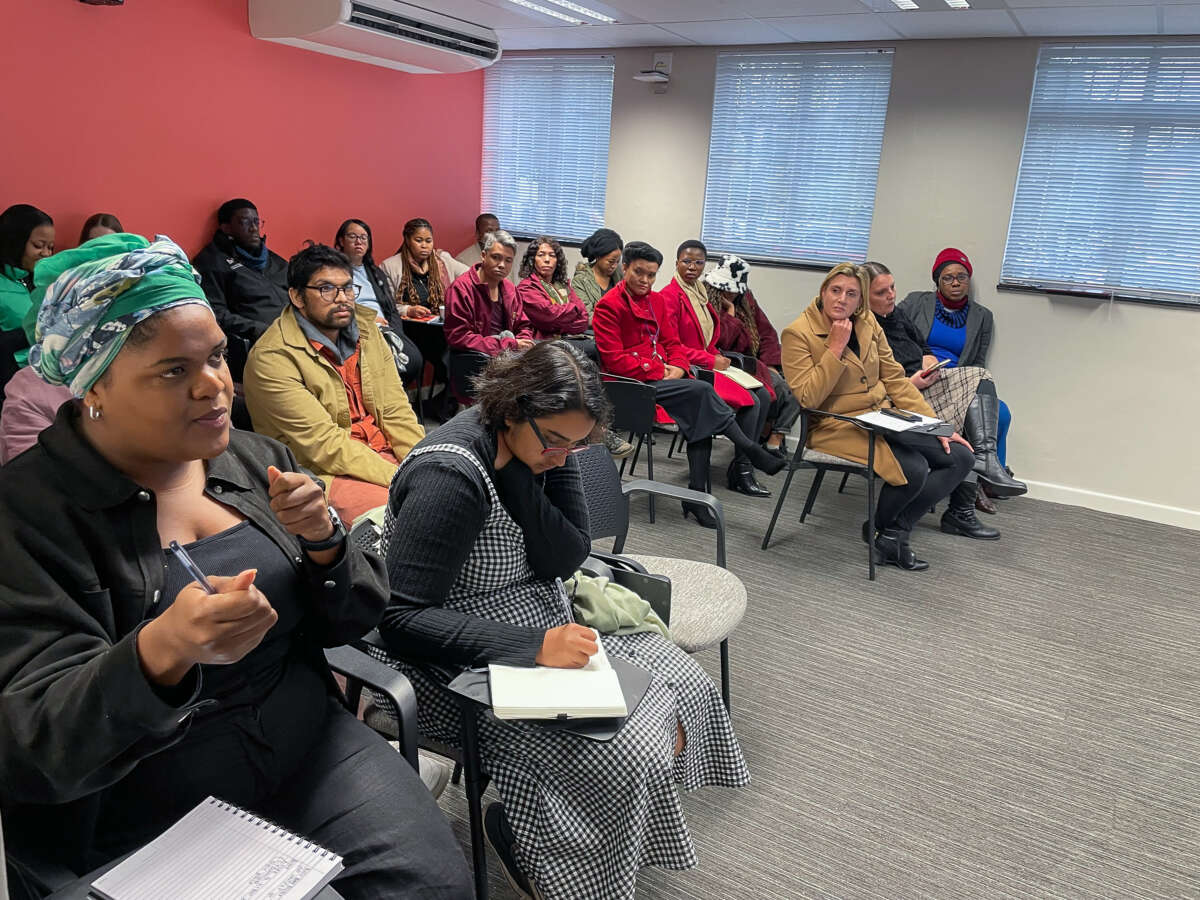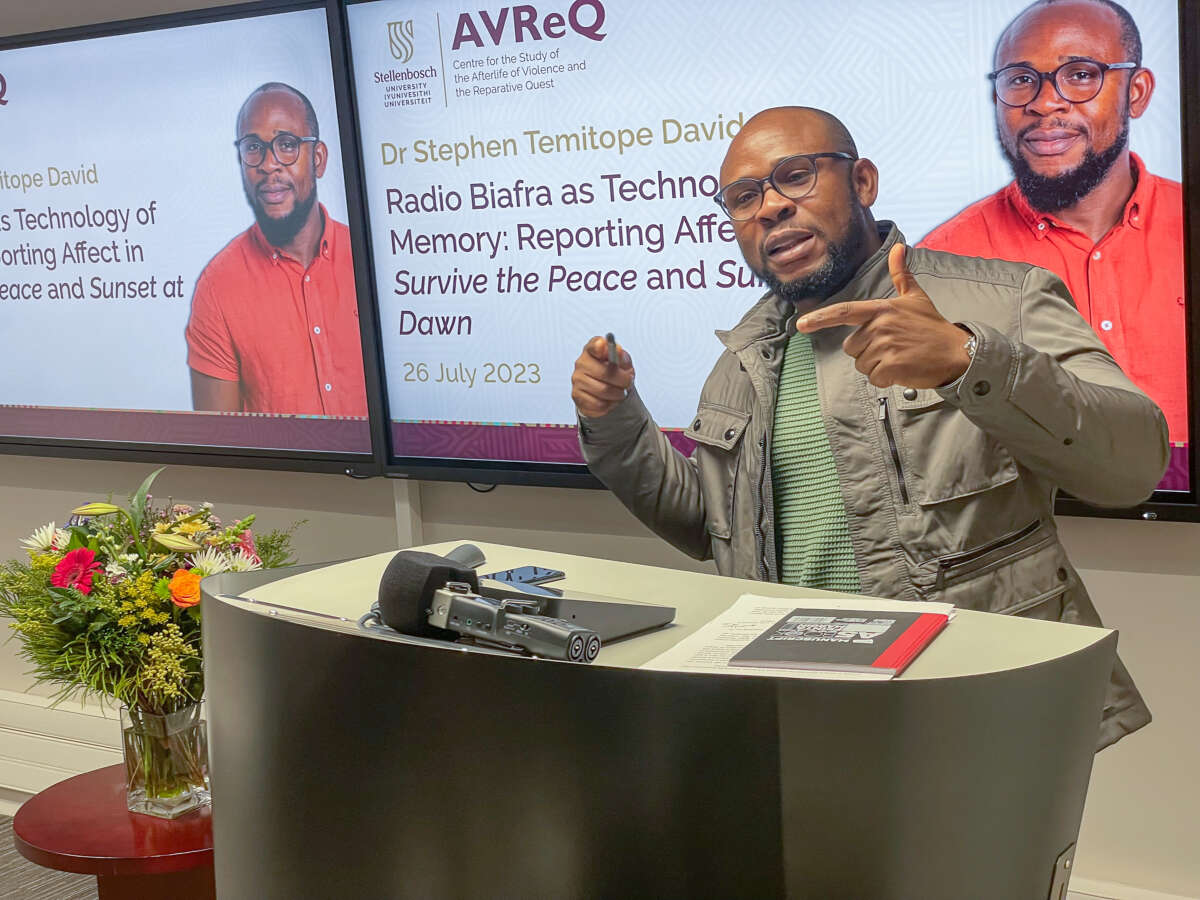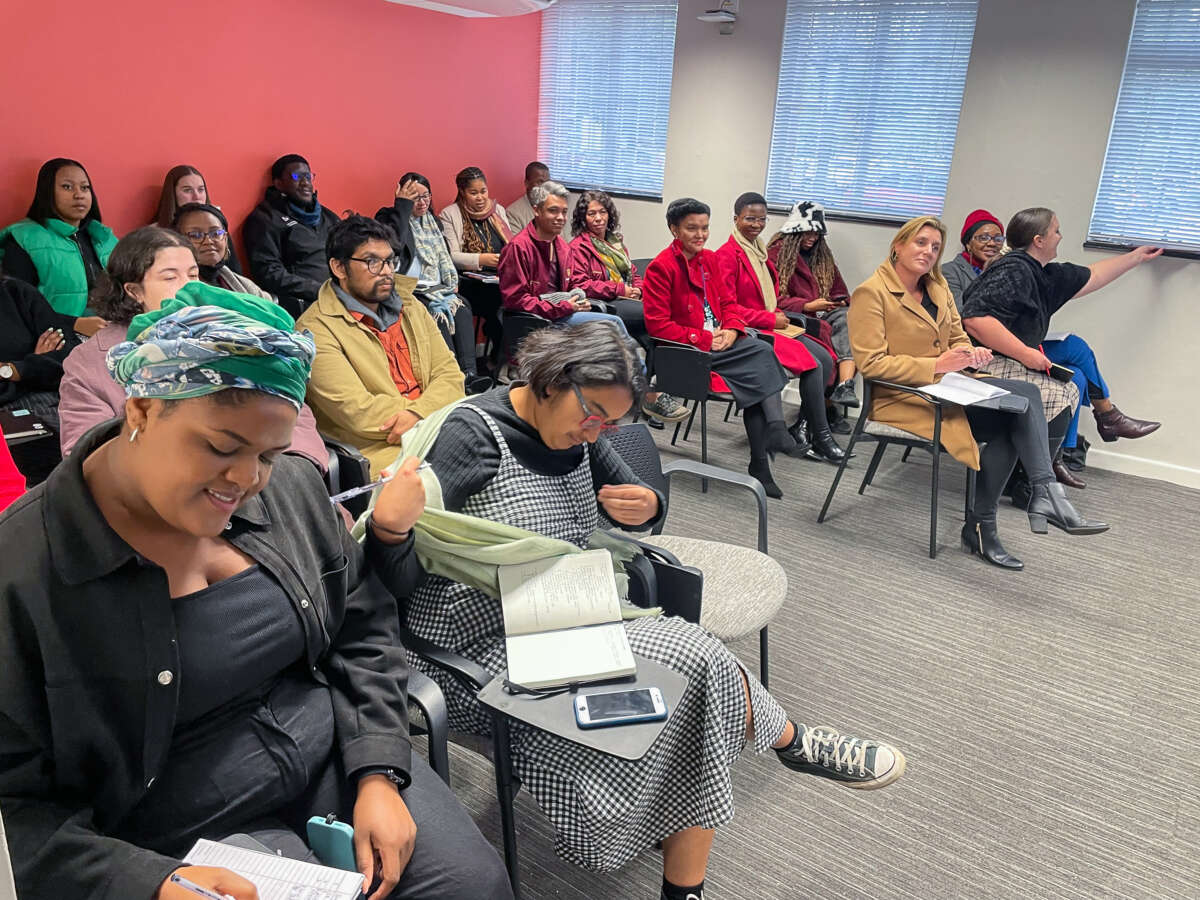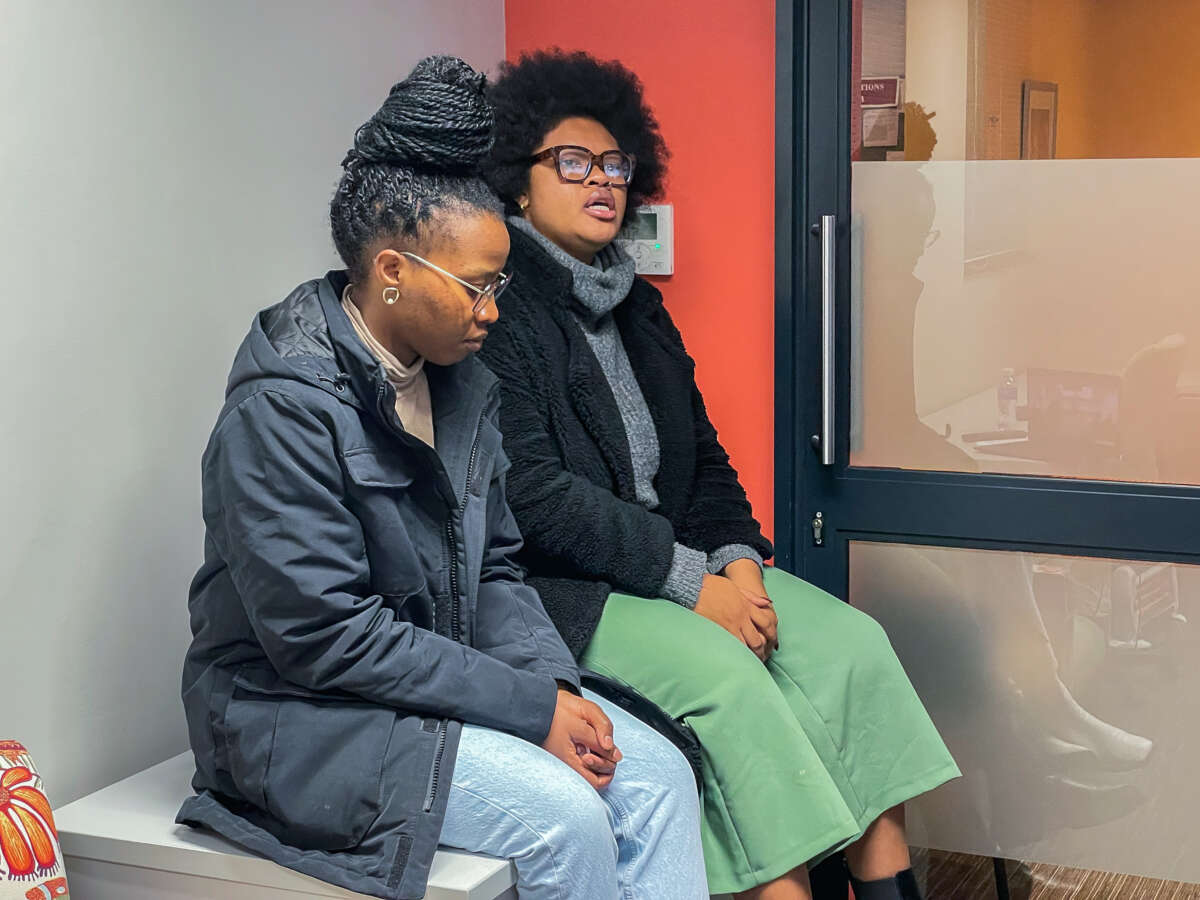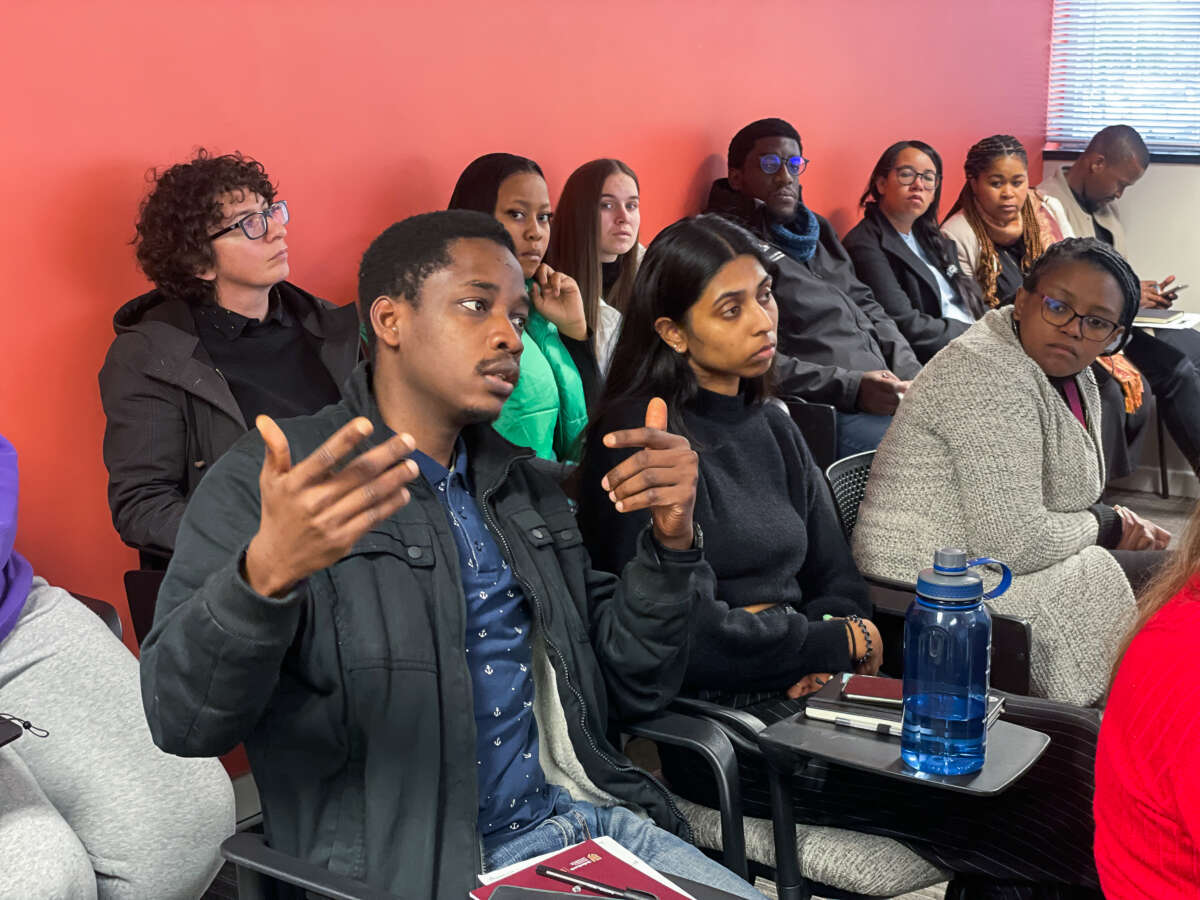The Nigeria-Biafra Civil War of 1967-1970 left an indelible mark on the collective memory of the nation. Amidst the turmoil and tragedy, Radio Biafra emerged as a prominent yet enigmatic player. Often dismissed as a tool of propaganda, its role in shaping the memory of the war goes much deeper. Dr. Stephen Temitope David’s recent lecture sheds light on how Radio Biafra transitioned from a medium of information to a technology of memory, redefining our understanding of its place in history.
Historically, Radio Biafra was a vital source of information during the conflict, a platform where the diverse experiences of the war were processed into a collective memory. However, as the war drew to a close, it underwent a transformation. No longer just a broadcaster, Radio Biafra entered a symbolic realm. Today, it stands as a beacon of that which was lost, a repository of memories that must be reclaimed, and a zone where the “true memories” of the war are continually forged and protected.
While conventional analyses have predominantly framed Radio Biafra within the context of propaganda, Dr. David’s paper challenges this limited view. Instead, he reads Radio Biafra as a technology of memory, unraveling its symbolic significance in the mnemonic landscape of the Nigeria-Biafra Civil War.
Dr. David’s examination extends to the affective responses generated by Radio Biafra’s reportage. Drawing inspiration from Ato Quayson’s concept of calibrations and Sara Ahmed’s theorization of the economy of affect, he delves into how radio reportage stirred emotions and how these emotional responses were represented in two literary works: Cyprian Ekwensi’s “Survive the Peace” (1976) and Chukwuemeka Ike’s “Sunset at Dawn” (1976).
The heart of Dr. David’s argument lies in the affective economy that enveloped Radio Biafra’s reportage. This emotional landscape, coupled with the mnemonic schemata it generated in narratives of the civil war, invites us to reconceptualize Radio Biafra. It was not merely a medium of information and propaganda; it emerged as a profound site of memory, a technology for shaping, transmitting, and safeguarding the memories of Biafra.
In conclusion, Dr. Stephen Temitope David’s lecture presents a transformative perspective on Radio Biafra’s role in the Nigeria-Biafra Civil War. It prompts us to look beyond its propagandistic image and recognize it as a dynamic technology of memory. In doing so, we gain a deeper understanding of how media, affect, and memory intertwine in the face of historic trauma. Radio Biafra, once pigeonholed, emerges as a significant force in shaping and preserving the memory of a nation’s tumultuous past.
